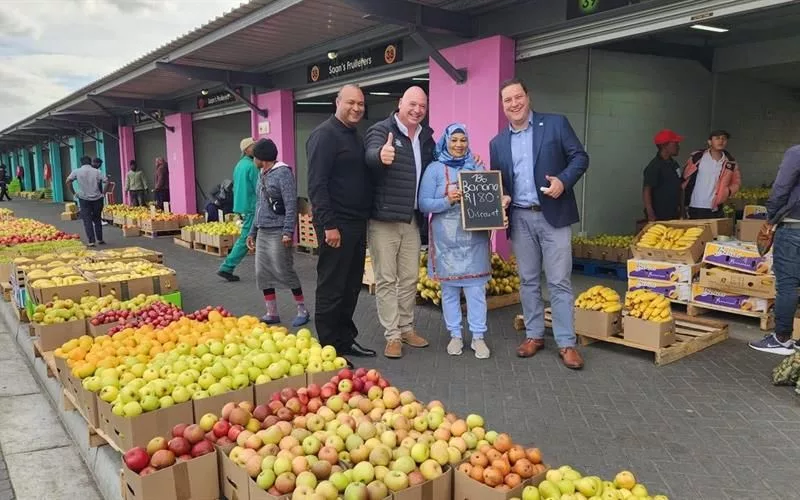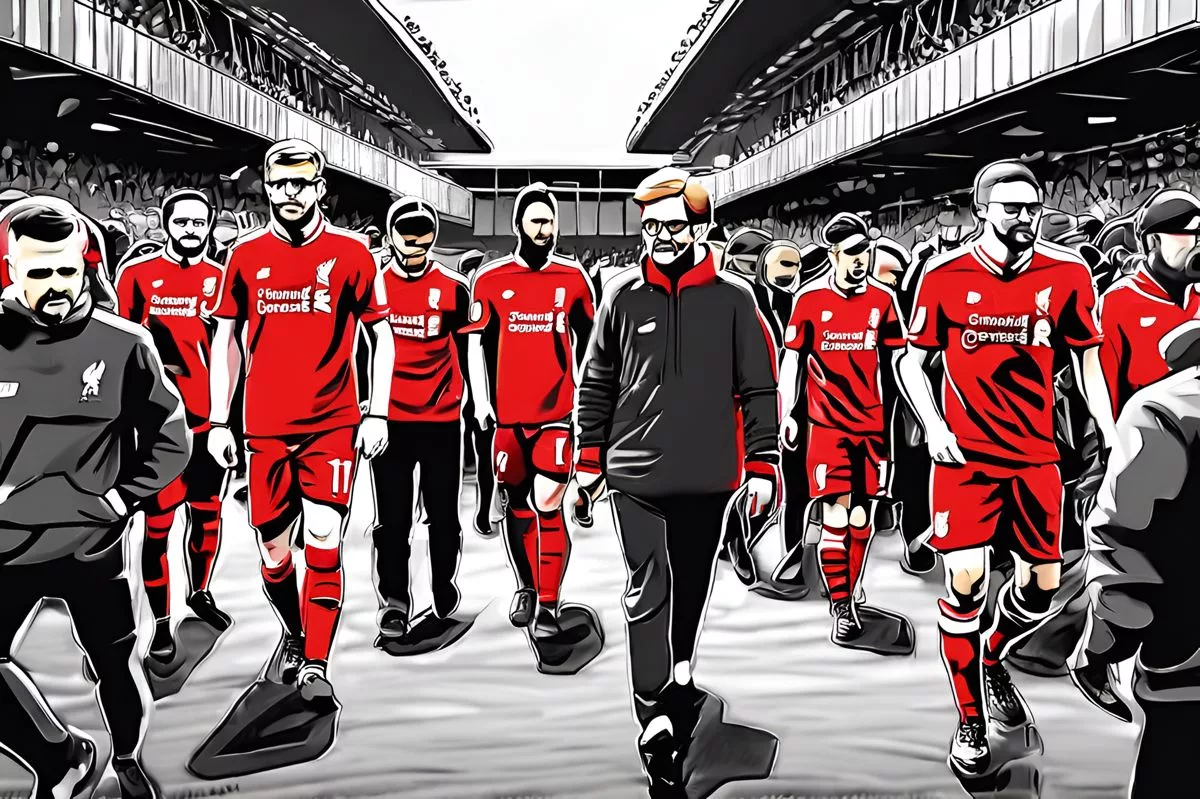Cape Town is investing in its informal economy by improving trading spaces with enhancements such as asphalt coating, pavers, and gazebo hooks. Major infrastructural projects are underway, including a container market and Traders Support Services Centre. The city proposes dedicated business training workshops to strengthen local entrepreneurs’ commercial prowess. Cape Town’s approach showcases how cities can develop inclusive, resilient, and dynamic economies.
How is Cape Town elevating the informal trade sector?
Cape Town is investing in its informal economy by fortifying the local economic development infrastructure with a substantial R118.5 million. The city is upgrading trading spaces with enhancements such as asphalt coating, installation of pavers, and fitting of gazebo hooks. Major infrastructural projects are also underway, including the establishment of a container market and Traders Support Services Centre. Additionally, the city proposes dedicated business training workshops to strengthen the commercial prowess of local entrepreneurs.
Section 1: “Investing in the Informal Economy”
The city of Cape Town has launched a bold initiative aimed at augmenting the informal economy, a vital sector supporting more than 230,000 citizens. This year, city administrators have set aside a substantial R118.5 million to fortify the local economic development infrastructure. The aspiration behind this investment is to empower informal traders by creating trading spaces that are not just respectable and reachable, but also conducive for business.
This initiative represents a significant part of the strategy to reform trading areas. Successful transformations have been achieved through several upgrades such as asphalt coating, installation of pavers, delineation of bays, and fitting of gazebo hooks. These enhancements have been applied across various regions, ranging from Bothasig and Parklands to Ottery and Steenberg. The outcome is a notable enhancement in accessibility and operational effectiveness, with a marked improvement in the experiences of both consumers and traders.
Beyond the direct advantages for traders, these enhancements have a broader impact on the local economy. They function as catalysts, drawing in a new influx of vendors and customers, thereby injecting fresh vitality into local economic operations.
Section 2: “Major Infrastructural Developments”
In addition to bolstering the informal trade sector, Cape Town’s commitment extends to several major infrastructural projects. The current fiscal year promises the successful completion of key projects such as the upgrade of the Mamre Business Hive and the establishment of a container market in Wallacedene, Kraaifontein. The novel market will house offices designed to support traders, and essential facilities like ablution areas, parking, a food court, and a waste disposal area.
Looking ahead, the years 2025 and 2026 will mark the culmination of several multi-year endeavors. These include the creation of the Traders Support Services Centre in Athlone and Gatesville, and the construction of trading canopy structures in various locations including Kuils River, Somerset West, Strand, Watergate, and Macassar.
Section 3: “Capacity Building Initiatives”
However, the city’s plans go beyond just infrastructure. Equally significant are the capacity-building efforts targeted at the city’s entrepreneurs. The city proposes dedicated business training workshops to strengthen the commercial prowess of local entrepreneurs. These workshops equip aspiring entrepreneurs with the vital skills and knowledge required to flourish in a competitive business landscape.
In essence, the city’s strategy to elevate the informal trade sector is a mix of infrastructural enhancements and capacity building initiatives. By upgrading spaces, refining daily operations, and providing traders the essential skills, the city of Cape Town is fostering tangible change. The ultimate objective is a robust, inclusive economic landscape that expands one trading area at a time.
Section 4: “Long-term Sustainability and Inspiration”
Cape Town’s balanced approach addresses immediate needs while aiming for long-term sustainability. This approach showcases how cities can develop economies that are inclusive, resilient, and dynamic. The city’s efforts serve as a beacon of inspiration, providing a blueprint for other cities to replicate in their quest for economic inclusivity. Through all these efforts, Cape Town stands as a testament to the potential of blending infrastructure and education to drive economic growth.
In conclusion, Cape Town’s determined commitment to invest, improve, and inspire the informal trade sector sets an example for other cities. Its balanced approach, focusing on both infrastructure and education, is a model for how cities can drive growth and inclusivity in the informal economy.
1. What is Cape Town’s initiative to augment the informal economy?
Cape Town has launched a bold initiative to fortify the local economic development infrastructure, with a substantial R118.5 million investment aimed at upgrading trading spaces with enhancements such as asphalt coating, installation of pavers, and fitting of gazebo hooks.
2. What major infrastructural projects are underway?
The city has several major infrastructural projects underway, including the establishment of a container market and Traders Support Services Centre. Additionally, there are plans to construct trading canopy structures in various locations.
3. How is Cape Town supporting capacity building?
Cape Town proposes dedicated business training workshops to strengthen the commercial prowess of local entrepreneurs. These workshops equip aspiring entrepreneurs with the vital skills and knowledge required to flourish in a competitive business landscape.
4. What is the goal of Cape Town’s strategy to elevate the informal trade sector?
Cape Town’s strategy is to develop a robust, inclusive economic landscape that expands one trading area at a time. The ultimate objective is to create economies that are inclusive, resilient, and dynamic.
5. How does Cape Town’s approach address long-term sustainability?
Cape Town’s balanced approach addresses immediate needs while aiming for long-term sustainability. The city is investing in infrastructure and education to drive economic growth.
6. What is the significance of Cape Town’s efforts for other cities?
Cape Town’s efforts serve as a beacon of inspiration, providing a blueprint for other cities to replicate in their quest for economic inclusivity. Its balanced approach, focusing on both infrastructure and education, is a model for how cities can drive growth and inclusivity in the informal economy.











